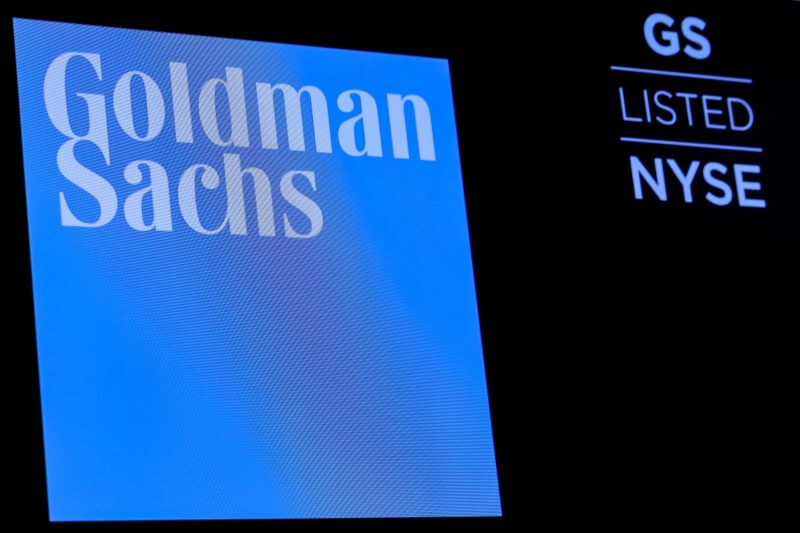By Elizabeth Dilts Marshall
NEW YORK (Reuters) – From June 30, Goldman Sachs Group Inc will only help take a company public if it has at least one diverse board member, as such companies perform better after listing, Chief Executive David Solomon said on CNBC on Thursday.
The policy will apply to U.S. and European companies and will increase over time, with the bank requiring two diverse board members starting in June 2021, Goldman Chief Executive David Solomon said on CNBC.
Solomon did not define what the company meant by “diverse” candidates, but said the focus was on women.
“We’re not going to take a company public unless there’s one diverse board candidate with a focus on women,” he said.
The decision comes as more than 60 U.S. and European companies went public in the last two years without any female board members, the bank said.
Citing its own data, Goldman said companies with greater diversity performed better in the markets.
Those with at least one diverse board member saw a 44% jump in their average share price within a year of going public, versus 13% at companies with no diverse board members.
“We think it’s the right advice and we’re in a position also because of our network to help our clients if they need help placing women on boards,” Solomon said on CNBC.
Goldman Sachs will not turn away companies that lack diverse boards at the outset, and it said it currently has some clients that will need help meeting this new standard. The bank said it would introduce executives of these companies to qualified potential candidates.
Ultimately, the bank will not take the company public if it does not meet this new standard, Solomon said.
On Goldman’s own board, four out of 11 directors are women and its lead director since 2014, Adebayo Ogunlesi, is black.
The new policy follows similar diverse hiring targets announced at the bank last spring.
In March 2019, the bank set a goal that half of all new analysts and entry-level associates it hired would be women, 11% would be black professionals and 14% will be Latino professionals in the United States.
In Britain, the bank aims for 9% of all new analysts and entry-level hires to be black professionals.
At more senior hiring levels, the bank is requiring that at least two diverse qualified candidates are interviewed for any open role. Senior members of management are judged on whether they meet these targets in the determination of their pay.
(Reporting by Elizabeth Dilts Marshall; Editing by Bernadette Baum)

























